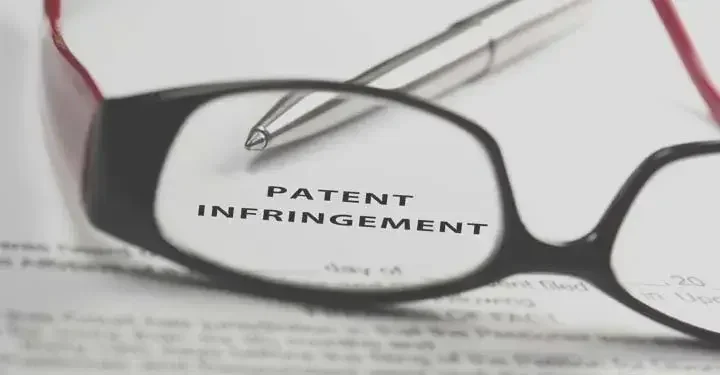Patent infringement comes in a variety of forms, from direct to indirect, willful to induced, and others in between. The key similarity between all of these is the use of a protected idea, design, or device without the patent holder's permission.

Defining patent infringement
Federal law governs and protects patents. The definition of patent infringement can be found in 35 U.S.C. 271(a):
“[W]hoever without authority makes, uses, offers to sell, or sells any patented invention, within the United States or imports into the United States any patented invention during the term of the patent therefor, infringes the patent."
In simpler terms, infringement occurs when someone uses a patent without authorization. Because the term "use" is particularly troublesome in this field of litigation, it is wise to seek the advice of a trained intellectual property attorney or patent attorney before attempting to use someone else's patent without approval.
Types of patent infringement
Patent infringement is not always as clear as you might think. Understanding the different types can help you determine whether your work has been infringed upon. It is also possible to commit more than one of the below at the same time. For example, willful infringement is typically also direct infringement.
- Direct infringement involves the production, use, sale, attempt to sell, or importation of any patented item without first obtaining a license from the patent holder. To succeed in a case against a direct infringer, you must be able to prove that the defendant completed these acts willfully and within the U.S.
- Indirect infringement occurs when an individual or business infringes on a patent but is not the original company or individual to do so. For example, Acme Industries designs an anvil that is exactly like your patented anvil design. Acme sells its anvils to Beta Surplus in the U.S., which sells them for distribution. While you can sue Acme for direct infringement, you might sue Beta Surplus for indirect infringement.
- Contributory infringement occurs when an individual or company purchases or imports a part that goes into creating the patented product. In order to succeed in a case against a would-be contributory infringer, you must be able to show that the main use of the part purchased or imported is to create your product. A part that is merely generic with multiple potential uses is not sufficient.
- Willful infringement involves someone showing a serious disregard for the existence of a patent. For example, if you sued Acme for infringing on your anvil patent and found during discovery that they had knowledge of your patent and relied on the knowledge to make their anvils, you will likely prevail in showing that their violation was willful. Those found guilty of willful infringement pay higher penalties, attorney fees, and court costs.
- Induced infringement occurs when a person aids another infringer by providing parts or assisting in the manufacture of the patented item. Actions that may fall into this category include providing instructions, plans, or processes.
Patent infringement and statutes of limitation
Like all causes of action, infringement cases have a time limit, also called a statute of limitations, on when you can sue for damages. Patent laws allow plaintiffs to collect damages for up to six years of activity.
Unlike other statutes of limitation, where the countdown clock starts when the harm occurred, such as the typical one-year statute of limitations following a car accident, the clock in a patent infringement case runs backward from the time the case is filed. This means that you could, conceivably, discover someone infringing on your patent and wait to sue them. While this seems counterintuitive, if they are particularly great at marketing, it may be in your best interests to take the ball and run with it. The net effect could be more damage to your pocket.
It is your duty to enforce your patent by keeping a close eye on the market to ensure no one is using your protected work without your permission. If you encounter someone infringing on your work, contact them and demand that they cease the infringing activities and perhaps, if it is in your best interests, offer to negotiate a license.
If you are concerned that you might be infringing on someone else's patent or if you are ready to protect your own intellectual property, consult with an online legal service provider to discuss your product and its potential for infringement.


